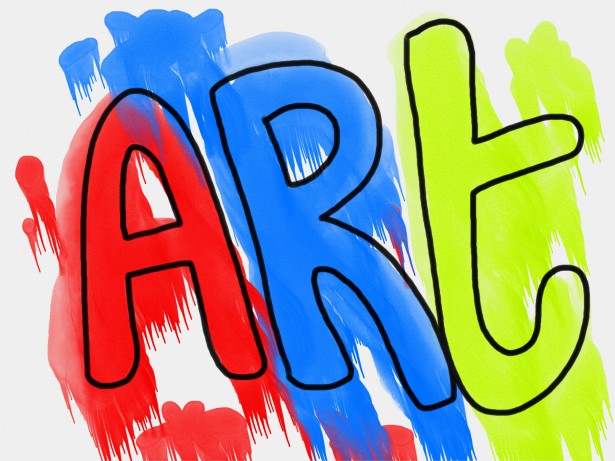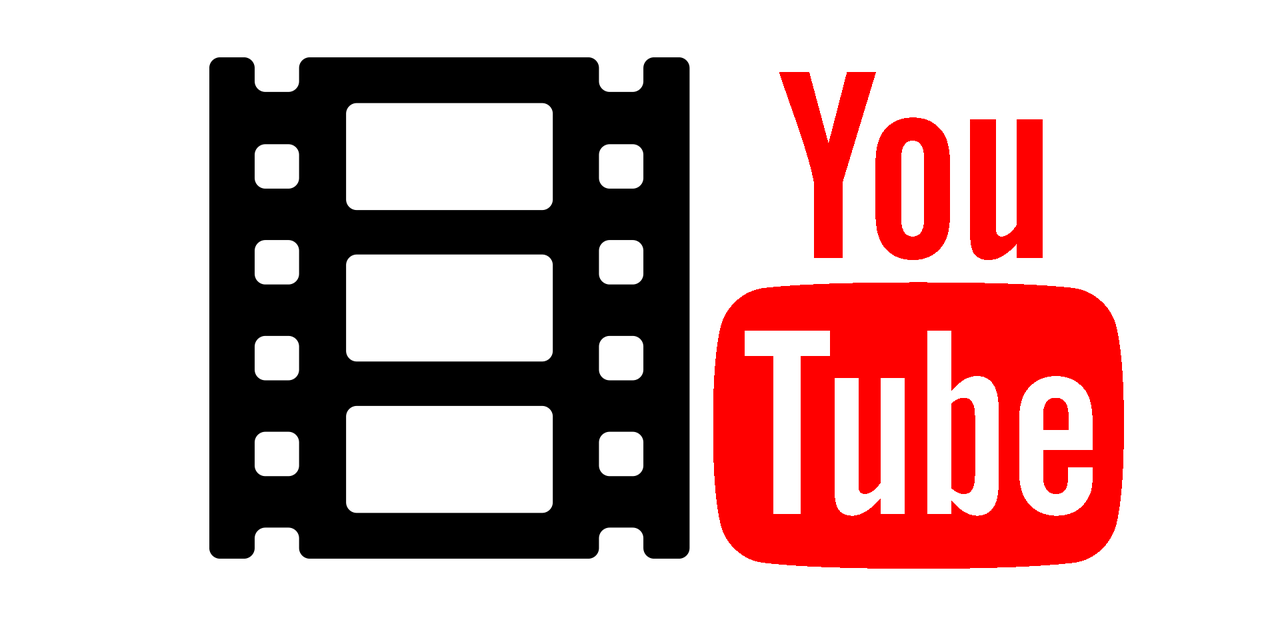TDF
Wealth inequality is an issue throughout much of the world. Its prominence is particularly troubling in one of the wealthiest countries – Germany – as the divide between the rich and the poverty-stricken is rapidly deepening. The astute documentary Inequality: How Wealth Becomes Power examines the possible explanations for this widening gap.
Which factors might come into play when assessing why some attain tremendous wealth and influence while others continuously struggle to keep their head above the poverty line. Does it speak to a person’s upbringing or work ethic? Is the system stacked against them somehow? The film highlights not only statistical data related to the poor, but rarely examined data on the rise of the elite as well.
Christoph Groner came from relatively modest means. Working as a young man in construction, he seized an opportunity to invest in an ebbing real estate market. Once the market rebounded, however, he profited handsomely and became one of the most prosperous developers in the country. His apartments and other residential buildings are overwhelmingly occupied by wealthy outsiders. The actual residents who have long lived in any given German city are increasingly priced out of his properties.
Groner defends his position as perfectly legal, and dismisses the distance between his status and the plight of the poor as an unfair comparison. Other subjects in the film follow suit, including those who have accumulated their wealth by means of centuries-old inheritance. Still, it’s hard to defend a system where money only produces more money for the wealthy, but fails to work for the lower classes who haven’t seen a wage increase in decades.
The vast majority of income gains have flooded in for those who are already on the upper echelon of the economic ladder. The middle class has officially shrunk. It’s a dynamic that has spread all across the world, especially in the face of increased globalization.
Inequality: How Wealth Becomes Power features insights from a team of esteemed economic researchers who all diagnose a depraved system and prescribe a long-overdue societal reckoning. What kind of society do we want to be? In their view, a continuation of the inequality trend is both untenable and inhumane.




